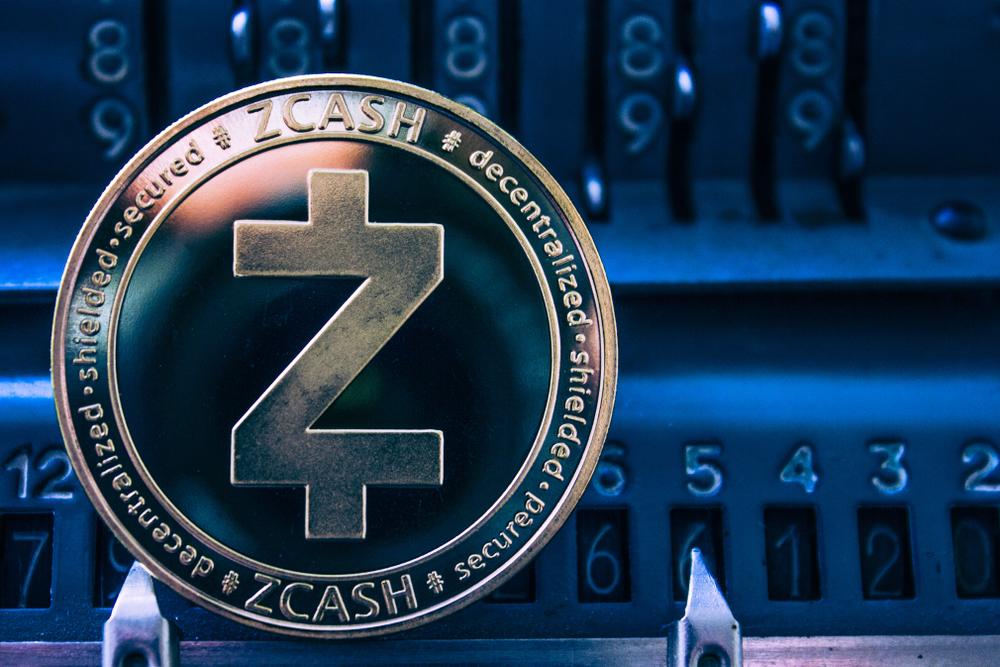Arthur Hayes Urges Zcash Holders to Withdraw from Exchanges, Sparking Privacy Debate
The privacy-focused cryptocurrency market is back in the spotlight after Arthur Hayes, co-founder of BitMEX, advised Zcash holders to withdraw their funds from centralized exchanges and secure them in self-custodial wallets. Hayes took to X (formerly Twitter) on Wednesday, stating:
“If you hold ZEC on a CEX, withdraw it to a self-custodial wallet and shield it.”
Zcash Market Volatility and Rally
Zcash (ZEC) had recently experienced a strong rally, reaching a peak of $723 on Saturday before sharply retreating. The token is now down over 35%, trading around $458 at the time of writing. This sudden correction followed signals of the asset being overbought, as indicated by its relative strength index (RSI). Analysts have warned that such a retracement was likely.
Despite this market volatility, there has been renewed interest in Zcash’s privacy features. Market watchers noted that much of the volatility aligns with growing attention to the unique privacy tools that set Zcash apart.
Privacy Debate Reignites: Self-Custody vs. Exchanges
A core feature of Zcash is its dual-address system:
– Transparent addresses (“t-addresses”) work like regular blockchain wallets, with all transaction details publicly visible.
– Shielded addresses (“z-addresses”) use advanced cryptography (zk-SNARKs, or zero-knowledge proofs) to hide key transaction details, including sender, recipient, and amount.
Most centralized exchanges only support transparent, unshielded transactions. This means that moving ZEC through exchanges exposes user data to public tracing—undermining the privacy Zcash was designed to offer.
Hayes’s comments have reignited the debate around self-custody and privacy. Storing tokens on exchanges not only removes the privacy advantage but also exposes users to other risks, including potential withdrawal restrictions, mandatory Know Your Customer (KYC) procedures, and the looming threat of token delisting. These challenges echo those faced by other privacy coins, like Monero, as regulatory scrutiny has intensified.
Surge in Zcash Shielded Pool Holdings
While ZEC’s market price has declined, on-chain data tells a different story. There has been a dramatic increase in the amount of ZEC held in Zcash’s shielded pool. At the end of March, shielded holdings were approximately 2.6 million ZEC; by early November, this figure had surged to over 4.1 million ZEC.
Commenting on this trend, Mert, CEO of Helius Labs, remarked:
“The shielded pool on Zcash is literally vertical. The privacy properties are improving in real time. Speculation turning into stronger privacy properties in a reflexive loop is one of the most incredible things I’ve seen in crypto.”
More ZEC users are choosing secure, shielded transfers and self-custody, reflecting a wider shift among digital asset owners toward direct control—even though managing private keys and verified wallets comes with added responsibility.
Institutional Interest in Zcash’s Privacy
Adding to the trend, Leap Therapeutics has adopted a Digital Asset Treasury strategy, accumulating approximately 203,775 ZEC. The company has cited the privacy features and long-term potential of Zcash as key reasons for their purchase.
Conclusion
The recent surge in Zcash’s shielded holdings and the debate around exchange custody underscore a growing demand for privacy and self-sovereignty in digital assets. While regulatory challenges persist, many users and organizations are doubling down on Zcash’s core promise: secure, private, and user-controlled transactions.
https://bitcoinethereumnews.com/tech/zcash-zec-price-swings-highlight-arthur-hayes-warning-withdraw-and-shield-now/
